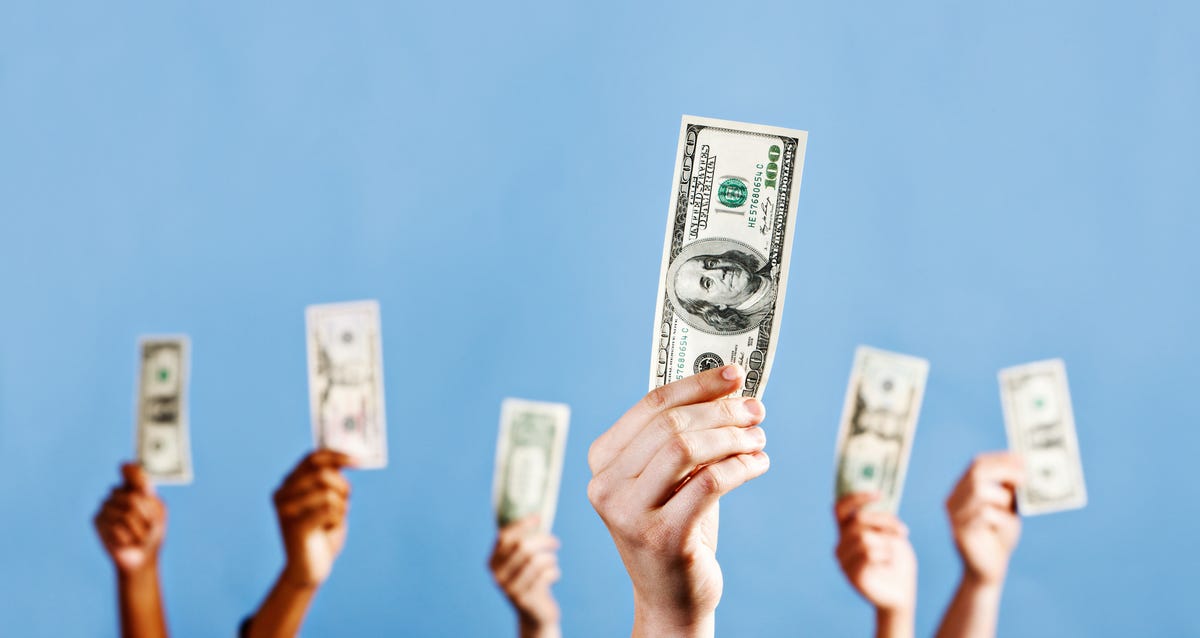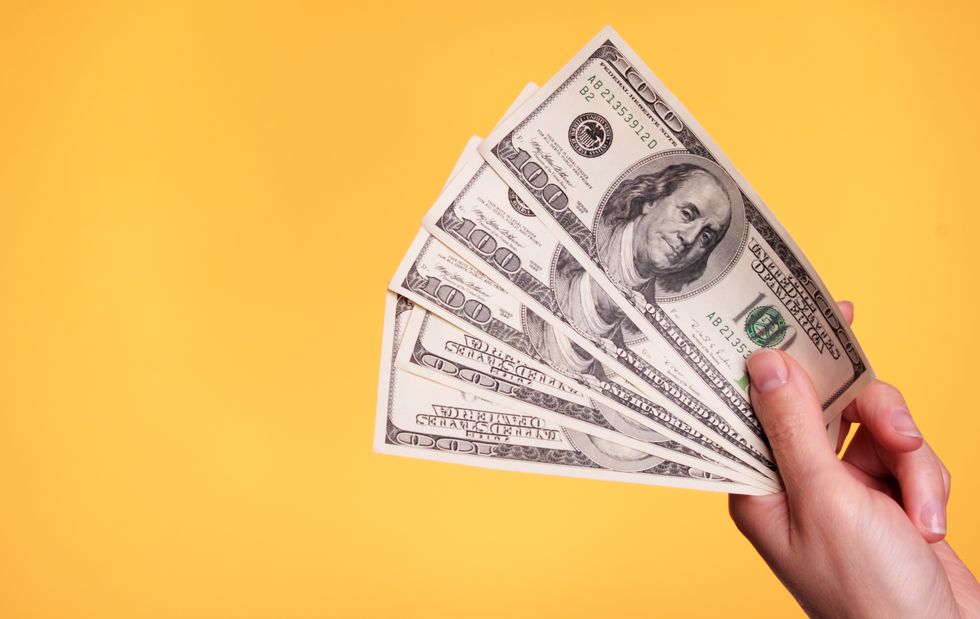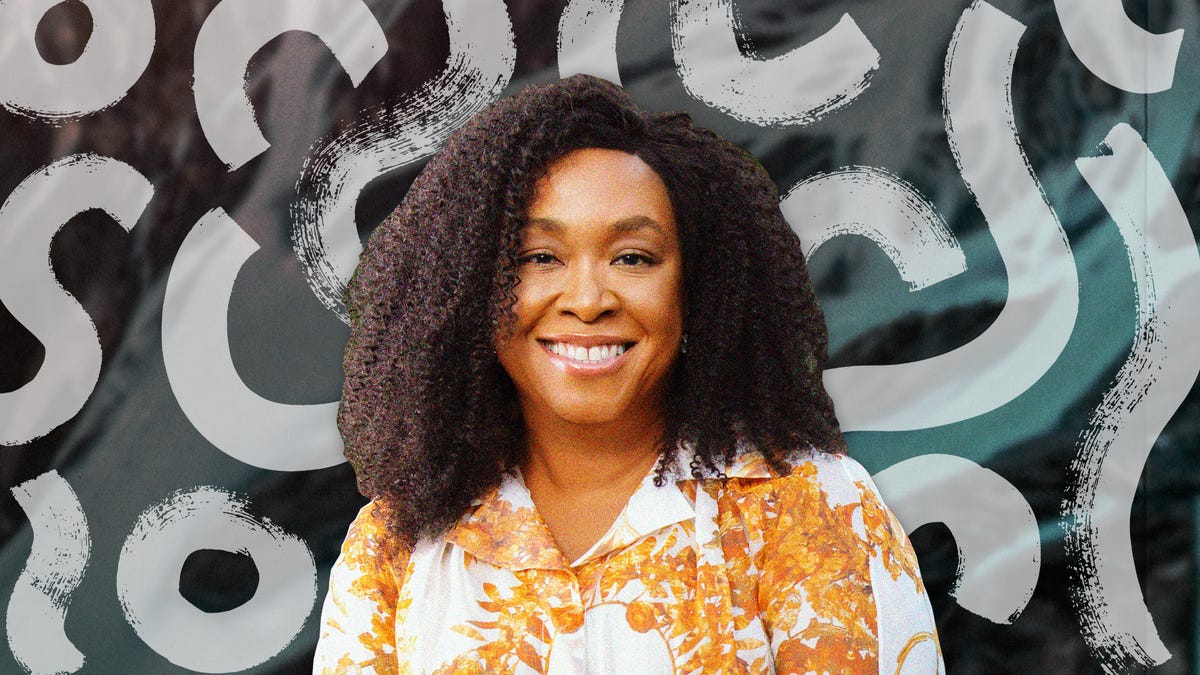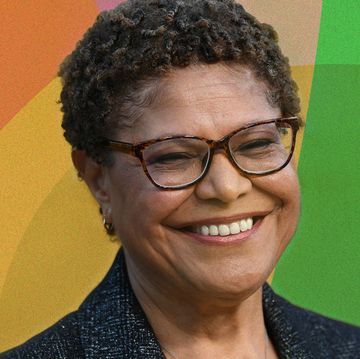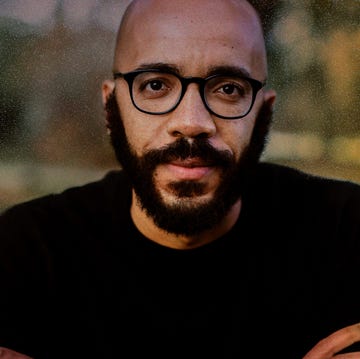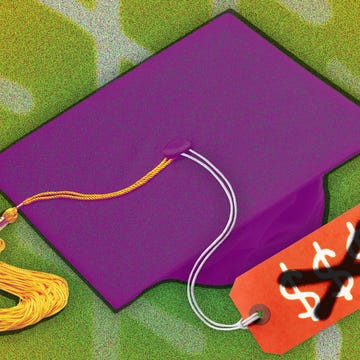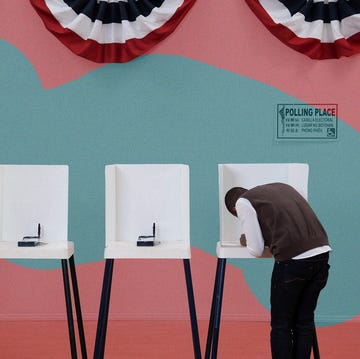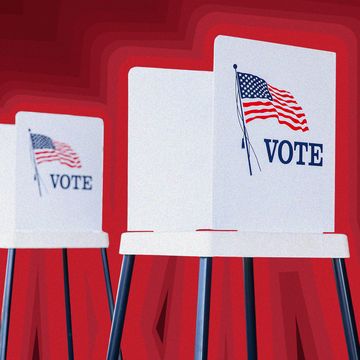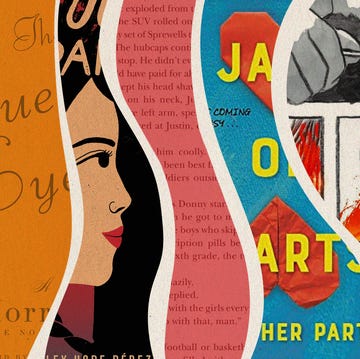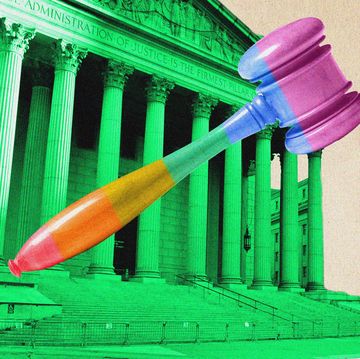It’s hard to overemphasize how difficult 2020 was for most of us — a global pandemic and ensuing economic crisis, racial injustice, and a free and fair presidential election millions refused to accept. It’s seems universally accepted that 2020 was the worst of times.
That’s why I was surprised by a recent conversation I had with Tamara W., a recipient of the Magnolia Mother’s Trust guaranteed income program I run for low-income Black women in Jackson, Mississippi. We were discussing the hardships of the past year, when she shared that she had contracted Covid and spent a week in the hospital. And yet, she said it wasn’t the worst year she’d experienced.
I’ve been thinking about that sentiment, and its reflection on the state of our country — a lot. When a pandemic that decimates the economy and brings lives to a standstill isn’t the worst year you’ve experienced, it shows us how broken our culture has become and how shredded our safety net really is.
It’s not that 2020 wasn’t hard for these folks, it’s that every year is.
While millions in the middle-class experienced the shame and fear of standing in food lines or waiting on the government to issue benefits to cover rent for the very first time in 2020, it is how too much of our society lives each day – particularly Black women.
As we usher in a new president and Congress with a clear mandate to address the devastating toll of this pandemic, we must demand better for all our people. Going back to normal is not enough – we must fundamentally change our systems to truly reflect our supposed values of an equitable, just and fair society.
Fortunately, we have a roadmap for how we get there. A guaranteed income is a direct and effective way to combat poverty and provide stability to the middle class by ensuring no one can fall beneath a government-issued income floor. We just celebrated the life and legacy of Dr. Martin Luther King, Jr., who in 1967 — against a similar backdrop of civil unrest and racial reckoning in our country — called for guaranteed income as the simplest and most effective solution to poverty. More than 50 years later, it’s time to make that dream a reality.
While this may have sounded radical a year ago, the concept has moved swiftly into the mainstream as the scale of the pandemic’s economic devastation has come into sharp focus. The prospect of $2,000 stimulus checks championed by Democrats and blocked by Mitch McConnell was credited as one of the driving forces behind Democrats’ success in the recent Senate wins in Georgia. There are currently more than ten bills in Congress to provide cash aid during the pandemic, many with ongoing checks through the duration of the crisis. This is a foundation to a permanent program that would drastically reduce poverty while providing a critical safety net to protect against the next unforeseen catastrophe.
Through a targeted guaranteed income, we can also move to close the gender and racial income gaps, since women and people of color are more likely to work low-wage jobs. New data shows us this intervention has never been more needed to ensure these gaps don’t grow even wider — all jobs lost in December of 2020 were held by women, primarily Black and Latina workers.
By reversing Trump’s tax giveaways to the rich and bringing taxes on the wealthy and corporations into line with their 20th-century averages, when we saw the greatest expansion of the middle class, we can provide a monthly guaranteed income of $500 to households making up to $100,000. Take the ‘50s and ‘60s as an example — the economy was flourishing, and tax rates on the highest earners were over 90%. They’re less than half that now. A version of this plan has already been introduced in Congress by then-Senator and current Vice President Kamala Harris.
Researchers predict a targeted guaranteed income to those who need it most would not hurt the economy, it would grow it by trillions. Why? When people who don’t have enough money get some cash, they spend it on their basic needs, thereby stimulating the economy. When the wealthy are given money in the form of tax giveaways, they hoard it. Critics love to fearmonger by attaching the word “socialism” to anything that benefits the poor and people of color, but I would ask why we do not call the massive tax giveaways to the ultra-wealthy or corporations, who are richer than ever, socialism?
I’ve seen the benefits unconditional cash provides up close through three years running the only guaranteed income pilot program targeting Black women in the world. The results show major improvements in areas across their lives, from increasing their education and opportunities to providing healthier food for their children. In just one year, the number of women with a completed high school equivalency education increased from 63 percent to 85 percent. Collectively, the 20 participants were able to pay off over $10,000 of predatory debt. The number of women who prepared three meals a day at home for their family increased from 32 percent to 75 percent. In its second year, the program expanded to 110 mothers, with final payments going out next month.
For those who have had the opportunity to take part in the program, it has been nothing short of life-changing. But there is only so much that can be done using philanthropy. To get beyond a drop in the bucket, we must achieve action at the government level.
Looking forward, I imagine the beauty and potential of a country in which everyone has access to opportunities to improve their lives in this way. This possibility could be a reality through building our systems back better, including the implementation of a federal guaranteed income.
If this pandemic is good for anything, I hope it’s for generating empathy. We must fundamentally shift the idea that people who face financial insecurity have somehow failed and instead expose the truth – that it’s the inequity and lack of access built into our economy and democracy that have failed us.
It’s up to us not to have amnesia when policies and programs aim toward the goal of rebuilding the status quo. We must demand better and commit to holding our elected leaders accountable to their responsibilities to work for we the people – only then will we be able to finally achieve our country’s promise of opportunity for all.
Dr. Aisha Nyandoro is the Chief Executive Officer of Springboard To Opportunities and the innovator of The Magnolia Mother’s Trust project in Jackson, Mississippi. Her work uses a radically resident-driven approach designed to improve quality of life and end generational poverty.
Get Shondaland directly in your inbox: SUBSCRIBE TODAY
